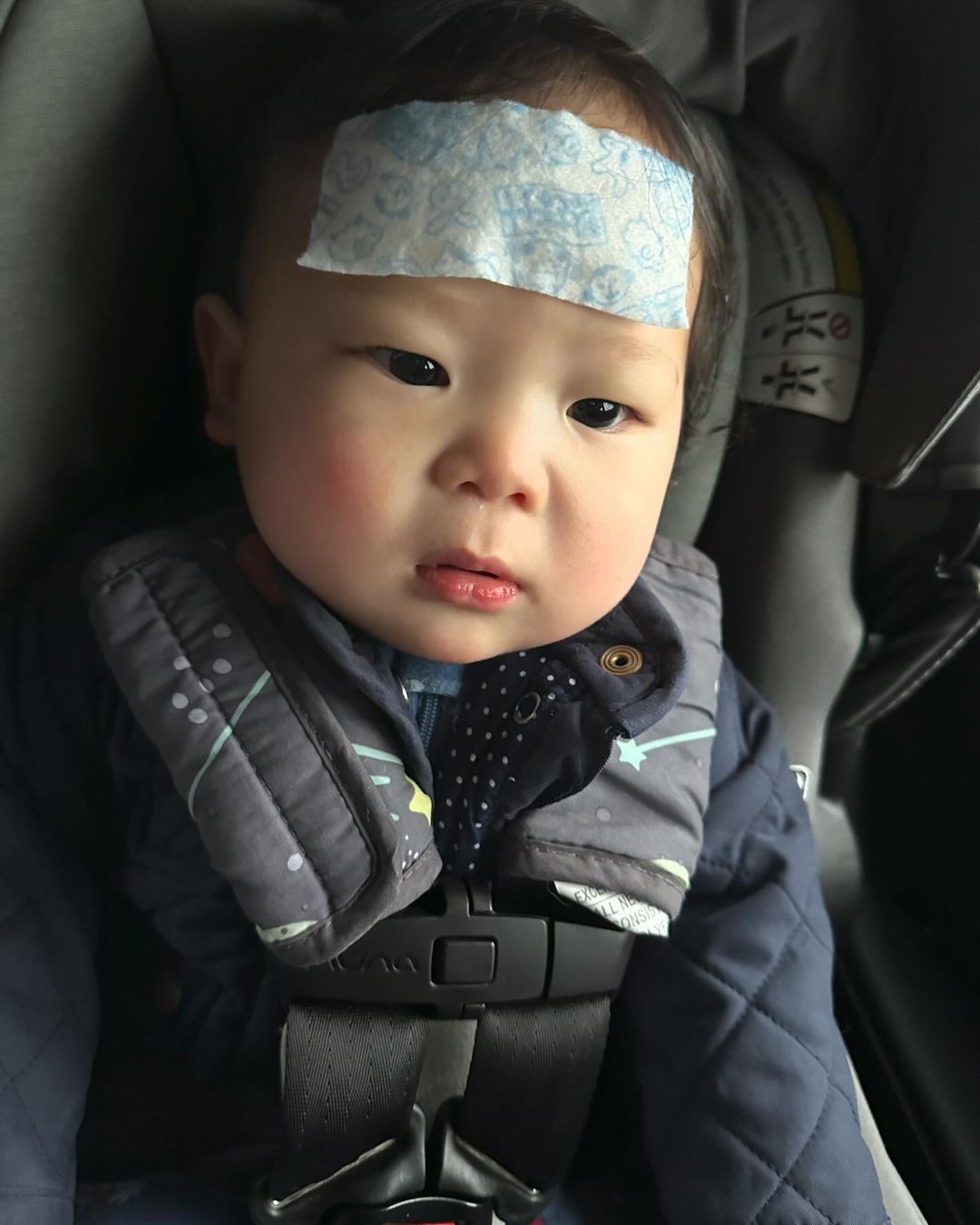Infants are vulnerable to a variety of illnesses as their immune systems are still developing. Understanding the most common infant illnesses can help parents recognize symptoms early and seek appropriate care.
While some conditions are mild and manageable at home, others may require medical attention. The American Academy of Pediatrics (AAP) provides evidence-based treatments for common childhood illnesses.
However, your pediatrician might suggest different treatments based on your child’s specific needs, like ongoing conditions or allergies.
Always discuss any concerns with your pediatrician, especially if you’re a first-time parent. They can help clear up confusion and ease your worries.
What Are the Most Common Infant Illnesses?
Being informed about common infant health issues empowers parents to confidently care for their baby’s well-being.
Every child deserves high-quality medical care, and staying updated on the latest treatment guidelines ensures that parents can make informed decisions to provide the best possible care for their child. Some common infant illnesses are:
1. Respiratory Issues
Infants commonly experience respiratory issues, primarily due to viral upper respiratory infections, which cause symptoms like runny nose, cough, and congestion.
These are typically managed with supportive care, such as nasal saline, humidifiers, and rest. For infants under three months, seeing a pediatrician is recommended if symptoms appear.
Antibiotics are only necessary for bacterial infections like sinusitis or strep throat, not for viral infections.
Cough medicines are not advised for young children due to potential side effects, and treatments like steroids are generally unnecessary. Bronchiolitis, a common viral infection, also requires close monitoring without antibiotics.
2. Diaper Rashes
Diaper rash is common in infants and comes in two main types: diaper irritant dermatitis and diaper candidiasis.
Diaper irritant dermatitis, caused by skin irritation from urine or stool, appears as red or pink patches and is treated with frequent diaper changes, gentle wipes, and zinc oxide cream.
Diaper candidiasis, a fungal infection, causes small pink or red bumps, often in the groin folds, and is treated with antifungal ointment. If your child has a history of resistant bacteria, inform your doctor for proper treatment.
3. Vomiting and Diarrhea
Vomiting and diarrhea in children are usually caused by a virus but can also result from travel or food-related illnesses.
Treatment focuses on supportive care, such as providing fluids and probiotics. It’s important to monitor for dehydration, which can show up as fewer tears, less urination, or dry, cracked lips.
4. Ear Pain
Ear pain in children can have various causes, including ear infections (otitis media), swimmer’s ear, pressure from colds or sinus infections, or referred pain from teeth issues.
A pediatrician needs to examine the ear to determine the cause accurately. Ear infections often follow a viral respiratory illness and can be viral or bacterial.
Antibiotics, like amoxicillin, are prescribed for bacterial infections, but many ear infections are viral and don’t require antibiotics.
Symptoms to watch for include fever, fussiness, and ear pain. Your pediatrician will advise whether to use antibiotics or monitor the condition.
5. Skin Infections
For children with skin infections, a skin test may be needed to choose the best treatment. Inform your doctor if your child has a history of resistant bacteria like MRSA or has been around others with such infections.
Hand-foot-mouth disease, common in summer and fall, is caused by a virus and features mouth sores and a rash on the palms and soles.
It’s treated with supportive care and fluids, and dehydration from mouth blisters should be monitored. Children are most contagious during the first week of the illness.
How to Prevent Infant Illnesses?

While it’s inevitable that children will get sick at times, there are steps you can take to keep them healthier. Ensure your child receives their vaccinations, starting at two months, as newborn passive immunity fades quickly.
Good hygiene is crucial—wash hands frequently and clean toys regularly. Avoid exposing your baby to sick people, especially if they were born prematurely.
Consider breastfeeding, as it provides protective antibodies and reduces the risk of certain conditions. Maintain your own health with a balanced diet and exercise, and prioritize your child’s sleep by keeping a consistent sleep schedule.
When to Seek Medical Attention
Taking care of a sick child is never fun, so understanding these common infant illnesses and how to treat and prevent them is essential for your baby’s health. Watch for early signs of illness and seek prompt treatment.
Key red flags include persistent fever, ear pain, dehydration, difficulty breathing, and extreme irritability. Call your pediatrician if symptoms worsen, last beyond a few days, or if new symptoms develop.
Your pediatrician can guide you on the best care for your child. For more comprehensive baby care tips and advice, visit Moon Mystical, where you’ll find valuable resources to support your child’s health and well-being.















Leave a Reply
View Comments